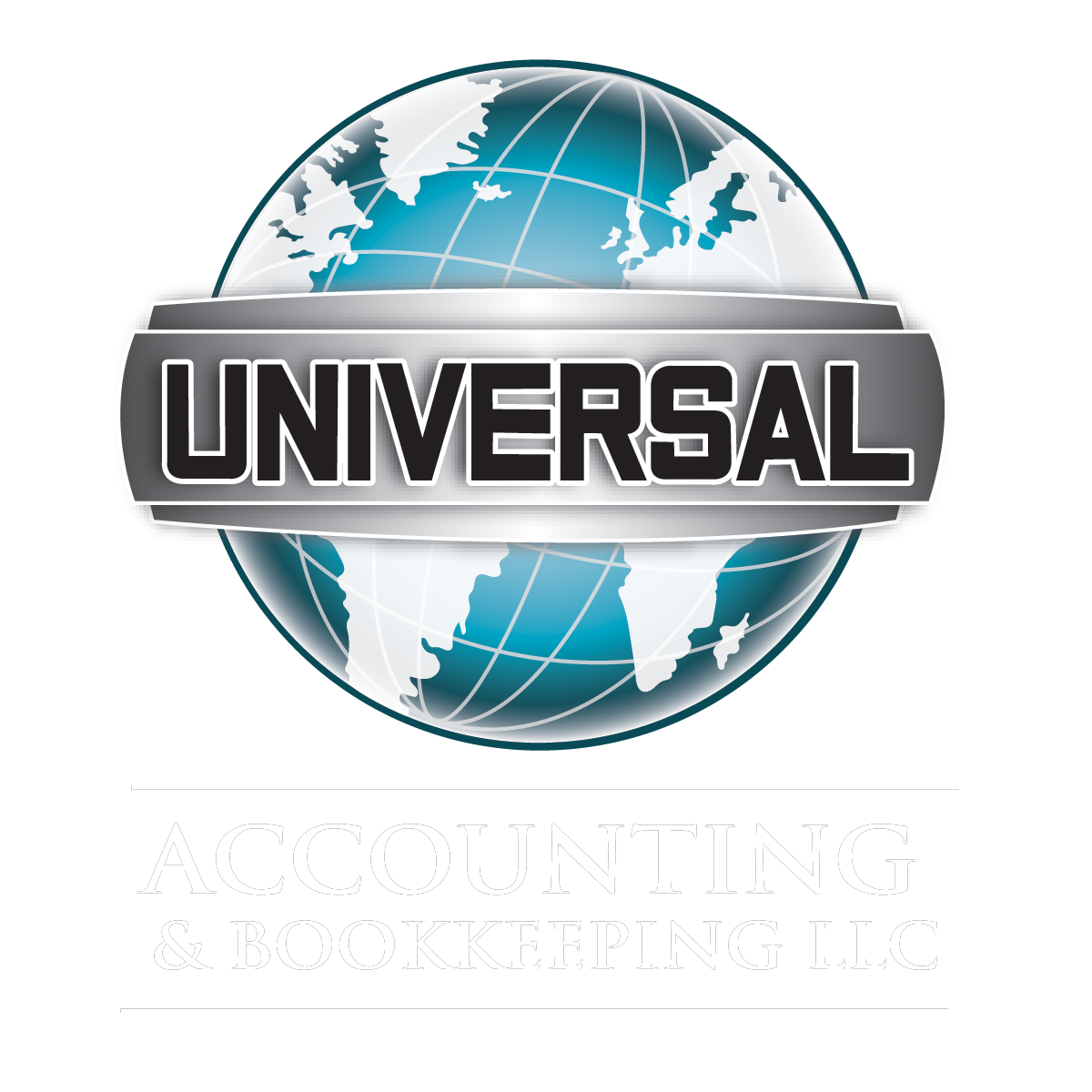
Managing your finances can be tricky, and accounting mistakes are more common than you might think. Whether you're an individual or a small business owner, overlooking key financial details can lead to significant money loss and even legal issues. To avoid these pitfalls, you must be aware of some of the most common accounting mistakes that can drain your wallet.
1. Mixing Personal and Business Finances
One of the most frequent mistakes small business owners make is blending personal and business finances. It may seem harmless at first, but mixing your personal and business expenses makes tracking your business's financial health difficult. Worse, it can lead to inaccurate tax reporting and raise red flags with the IRS. To avoid this, keep separate bank accounts and credit cards for business and personal use.
2. Ignoring Tax Deadlines
Missing tax deadlines can result in costly fines and interest charges. If you're a small business owner, the complexity of quarterly tax payments can be overwhelming. To avoid penalties, mark important dates on your calendar or set up reminders. Better yet, hire a professional accountant who will ensure your taxes are filed on time and maximize your deductions.
3. Failing to Reconcile Accounts
Bank reconciliation is critical for identifying discrepancies between your bank statements and your accounting records. Failing to reconcile regularly can result in missed transactions, errors, or even fraud going undetected. Maintain a habit to reconcile your accounts monthly to catch issues early and keep your financials accurate.
4. Overlooking Deductible Expenses
Deductible expenses are key to reducing your taxable income, but many people miss out on deductions simply because they need to keep track of eligible expenses. This can be anything from office supplies to mileage for business travel. By not maintaining good records, you're leaving money on the table. Remember to save all receipts and maintain a record of your expenses throughout the year. An accountant can also help you identify deductions you might have overlooked.
5. Not Planning for Cash Flow
Cash flow management is important for all businesses. Many small businesses fall into the trap of focusing solely on profits while ignoring cash flow. However, having a profitable business means you need more liquid cash to pay bills. Businesses need to project cash flow to avoid running out of money at critical times. Work with an accountant to set up a cash flow forecast to prevent surprises.
6. DIY Accounting Without Expertise
With the presence of online tools and resources, it's tempting to manage your finances on your own. While it might save you money upfront, DIY accounting can cost you more in the long run if you make mistakes. Without proper accounting knowledge, it's easy to overlook tax-saving opportunities, make errors in your financial statements, or misinterpret tax laws. A qualified accountant can offer valuable insights and help you avoid costly mistakes.
Avoiding these accounting mistakes can save you time, money, and a lot of stress. Managing your finances might seem daunting, but the good news is that you don't have to do it alone. Contact a trusted accountant today to ensure your financial health and avoid costly errors down the road. You'll gain peace of mind knowing your finances are in expert hands, leaving you free to focus on what you do best!
